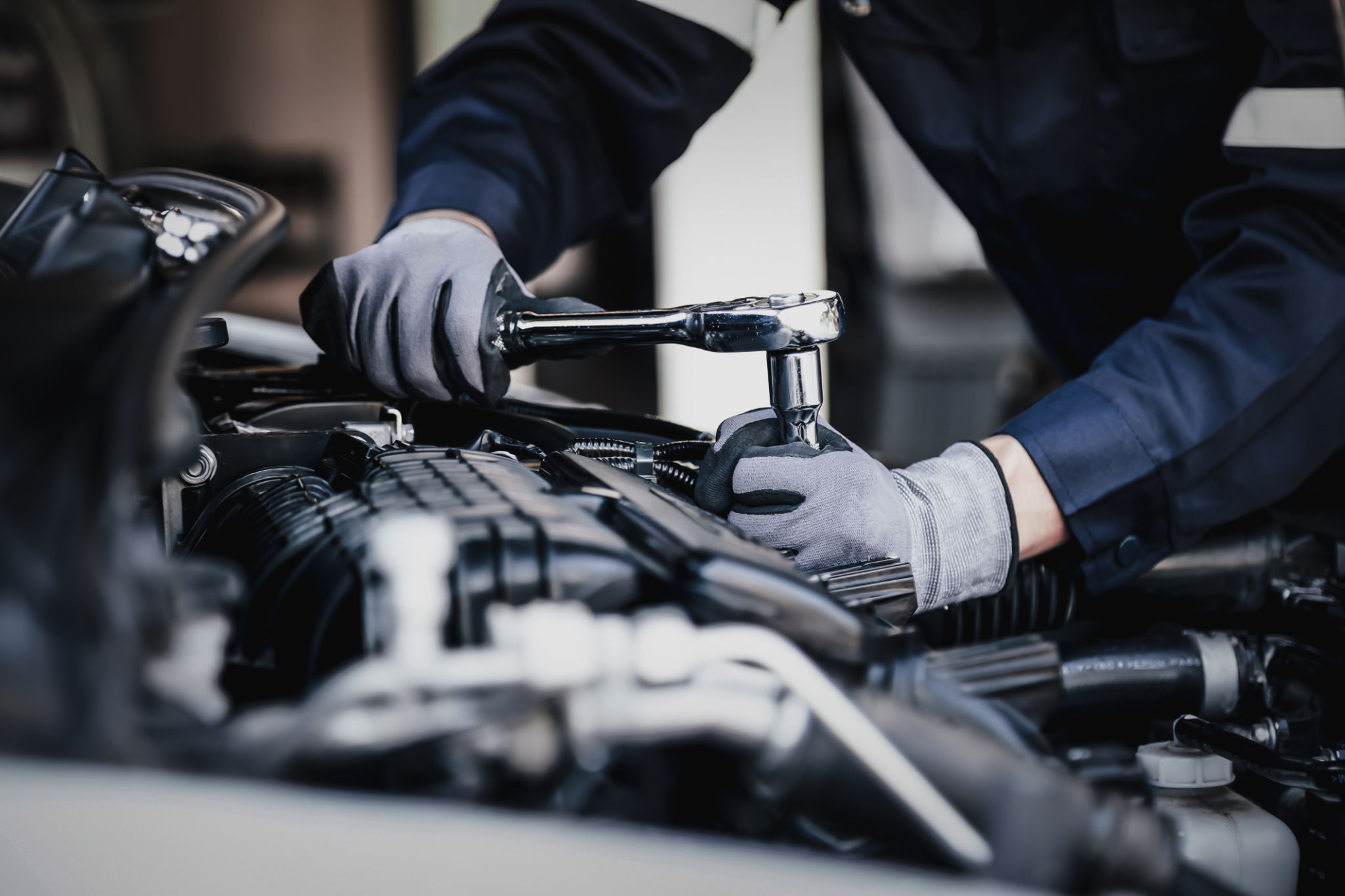Local Regulations and Requirements for Collision Repair in the Bay Area
Understanding Local Collision Repair Regulations
In the Bay Area, navigating the landscape of collision repair can be daunting due to a myriad of local regulations and requirements. These rules are put in place to ensure safety, environmental protection, and consumer rights. Understanding these regulations is crucial for both repair shop owners and vehicle owners seeking repairs.

Environmental Regulations
One of the primary concerns in collision repair is adhering to environmental regulations. The Bay Area is known for its stringent environmental policies aimed at reducing pollution and protecting ecosystems. Collision repair facilities must comply with regulations concerning the disposal of hazardous waste, emissions control, and the use of eco-friendly materials.
Shops are required to have proper waste disposal systems in place for materials such as paint solvents and metal fragments. Additionally, use of high-VOC (volatile organic compounds) paints is often restricted, encouraging shops to adopt water-based paints that are less harmful to the environment.
Consumer Protection Laws
The Bay Area also has robust consumer protection laws that affect collision repair businesses. These laws are designed to ensure transparency and fairness in the services provided to customers. For instance, repair shops must provide written estimates before commencing work and obtain customer approval for any changes in the scope or cost of repairs.

Furthermore, shops are required to return replaced parts to customers upon request, allowing them to verify the necessity of repairs. This practice not only builds trust but also helps in maintaining a transparent relationship between service providers and consumers.
Licensing and Certification
A key requirement for operating a collision repair shop in the Bay Area is obtaining the necessary licenses and certifications. These credentials not only attest to a shop's compliance with local laws but also enhance its credibility among potential customers.
The Bureau of Automotive Repair (BAR) in California sets forth strict guidelines that repair facilities must adhere to. Shops must regularly renew their licenses and ensure all their technicians are adequately trained and certified.

Safety Standards
Safety standards are another critical aspect of local regulations. Collision repair involves working with heavy machinery and potentially hazardous materials, necessitating rigorous safety protocols. Compliance with Occupational Safety and Health Administration (OSHA) standards is mandatory to minimize workplace risks and accidents.
Shops must ensure that all employees are trained in safety procedures and that safety equipment is readily available. Regular safety audits can help identify potential hazards and enforce corrective measures promptly.
Conclusion: Staying Compliant
Maintaining compliance with local regulations and requirements is essential for any collision repair business operating in the Bay Area. By staying informed about environmental standards, consumer protection laws, licensing needs, and safety protocols, repair shops can not only avoid legal issues but also enhance their reputation and trustworthiness among clients.
For vehicle owners, understanding these regulations can help in selecting a trustworthy repair facility that operates ethically and legally, ensuring quality service and peace of mind.